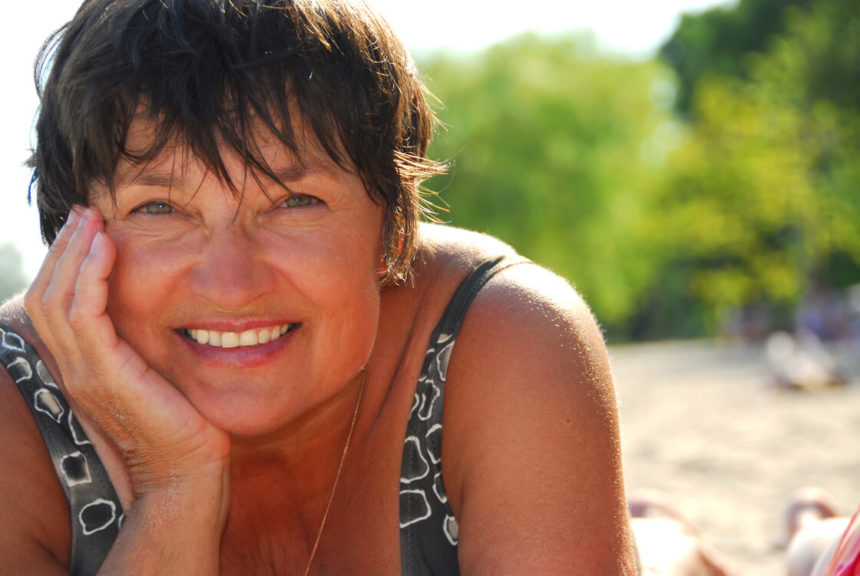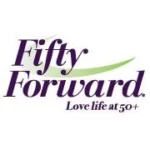
Summer is the perfect time to enjoy the outdoors with family and friends. However, it’s important to respect the heat and take precautions. Sun and heat exposure can be particularly dangerous for either end of the age spectrum — children and older adults. In the case of older adults, make sure you, or someone you trust, is checking on older family members and friends who may live alone.
According to the CDC (Center for Disease Control and Prevention), older adults may be more at risk of overexposure to heat because they:
- do not adjust as well as young people to sudden temperature changes;
- may have a chronic medical condition that changes normal body responses to heat; and
- are more likely to take prescription medicines that impair the body’s ability to regulate its temperature or inhibit perspiration.
Proper precautions during the summer can also protect skin from the sun. The American Academy of Dermatology recommends using sunscreen of SPF 30 on any exposed skin daily every day, whether you are indoors or outdoors. A mere 15 minutes of unprotected sun exposure can damage your skin.
Here are some safety tips for the summer months as well as some ways to “beat the heat”:
- Stay indoors during the hottest hours; generally between 10 a.m. – 4 p.m.
- Move activities indoors. Consider walking in a mall or limit workouts to an air-conditioned gym.
- Hydrate by drinking non-alcoholic, caffeine-free beverages (as these ingredients have a diuretic effect). Talk with your doctor if you take medications that affect fluid intake.
- Wear sunscreen. If you are outdoors, use a water-resistant, broad-spectrum (UVA/UVB) sunscreen with an SPF of 30 or higher.
- Wear sunglasses with UVA/UVB protection to help reduce the risk of cataracts.
- Consider protective clothing, loose-fitting clothing with a tight weave to block UV rays or clothing with built-in UV protection.
- Use fans — some handheld fans now offer a special water misting feature.
- Stay indoors in cooled spaces as much as possible. Check your loved one’s air conditioning and do a maintenance check. Consider alternative arrangements when heat is at dangerous levels, if the electricity goes out, or your loved one does not have air conditioning.
In addition to limiting sun exposure, it is important to take special precautions during high heat days. Dehydration, heat exhaustion and heatstroke may all result from heat intolerance.
- Know the signs of dehydration which include thirst, irritability and poor skin elasticity. Heat and dehydration can increase confusion and may make people more prone to dizziness and falls. Hydrating on a regular basis is the most important preventative measure. Individuals should drink fluids even when not thirsty as thirst may not be triggered until already dehydrated.
- Heat exhaustion can develop after exposure to high temperatures and inadequate fluids. Warning signs may include heavy sweating, weakness, dizziness, headache, nausea, and vomiting; pulse may become fast and weak, or breathing fast and shallow.
- Heatstroke occurs when the body loses its ability to sweat, and it is unable to cool down. Body temperatures can rise to 106°F or higher within 10 – 15 minutes. If emergency treatment is not provided, heatstroke can cause death or permanent disability. Any indication of heatstroke is a medical emergency; seek immediate medical attention immediately.
Because summer is a busy time with frequent travel, we should be mindful of these changes as caregivers or traditional support systems may vary. Older adults rely on regular visitors and “check-ins.” Make regular calls or visits with family, friends, and neighbors and discuss a system for checking in, especially during drastic heat or summer storms. Consider what extra services might be needed, such as hiring an aid to visit or assist with errands or transportation.
As you catch up on outdoor activities with friends and family this summer, remember that heat and sun safety practices benefit everyone.
By Misa Acox, Marketing & Publications Manager, FiftyForward


